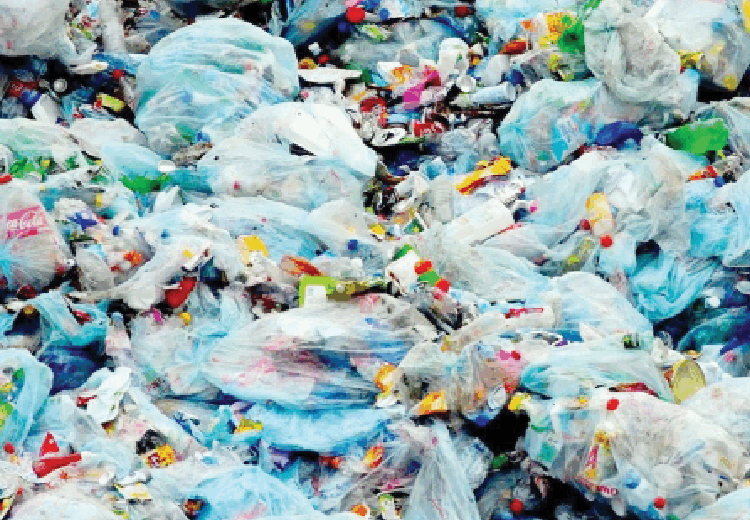In an era of rising environmental concerns and plastic pollution, the recycling of waste nylon into reusable materials presents a powerful opportunity – both economically and ecologically. Nylon, a common synthetic material used in packaging, shopping bags, and other everyday items, often ends up clogging drainages, littering streets, and damaging ecosystems. But with the right investment in recycling technologies and infrastructure, this waste can be transformed into valuable products such as bags, mats, plastic pellets, and even building materials.
One of the viable and increasingly popular sources of income, especially in urban centres like Lagos, Ibadan, and Port Harcourt, is the collection of waste nylon, which is then recycled into a reusable material.
In Nigeria, some States generate 13,000 tonnes of waste daily and that number keeps rising with population growth. Without recycling, most of this ends up in landfills, drains, or the ocean, which worsens the environment and causes flooding.
Being into nylon recycling, an individual is to collect used polythene packaging, then sell it to recycling companies. Some grind the waste themselves and supply it to manufacturers who use it to produce polythene bags and other products, such as oil derived from ground polythene, then used in petrochemical feedstock blending or industrial fuel applications for broader operations.
This informal sector is not only profitable but also contributes to environmental sustainability by reducing nylon pollution.
Income
Speaking with a bottled water seller at Ikeja, Mrs Gloria Adamu explained that , “We don’t throw the nylon away anymore. We’ve realised we can make good money from it. Before now, when we sold our bottles, we trashed the packaging. People started coming to buy from us. It started with N200 per kilogram, but now it’s N500. Sometimes, I sell up to 20 kilograms of nylon. Some are selling more than that.”
For Tajudeen Olamilekan, nylon collection isn’t just a hustle. It’s a full-time job and a lifeline that pays the bills. “I have been in this business for the past four years, collecting discarded nylon waste, grinding it into reusable material, and supplying it to companies that transform it into polythene bags and other products. So the business is good, but it takes patience,” he pointed out.
According to Olamilekan, there was a time when people thought it was a dish to throw away without a second thought. But that’s changing now. “We’ve been encouraging people not to throw it away. Instead, they can gather it, and once it reaches a certain weight, we’ll buy it off them,” he explains.
The business may not be flashy, but for me, it offers something many Nigerians are looking for, which is a stable income and self-reliance. Better than being a thief. Just last week, I processed over 2 tonnes of nylon waste. Sometimes I earn between N200,000 and N300,000 with two circles of production. So it is a good business.











